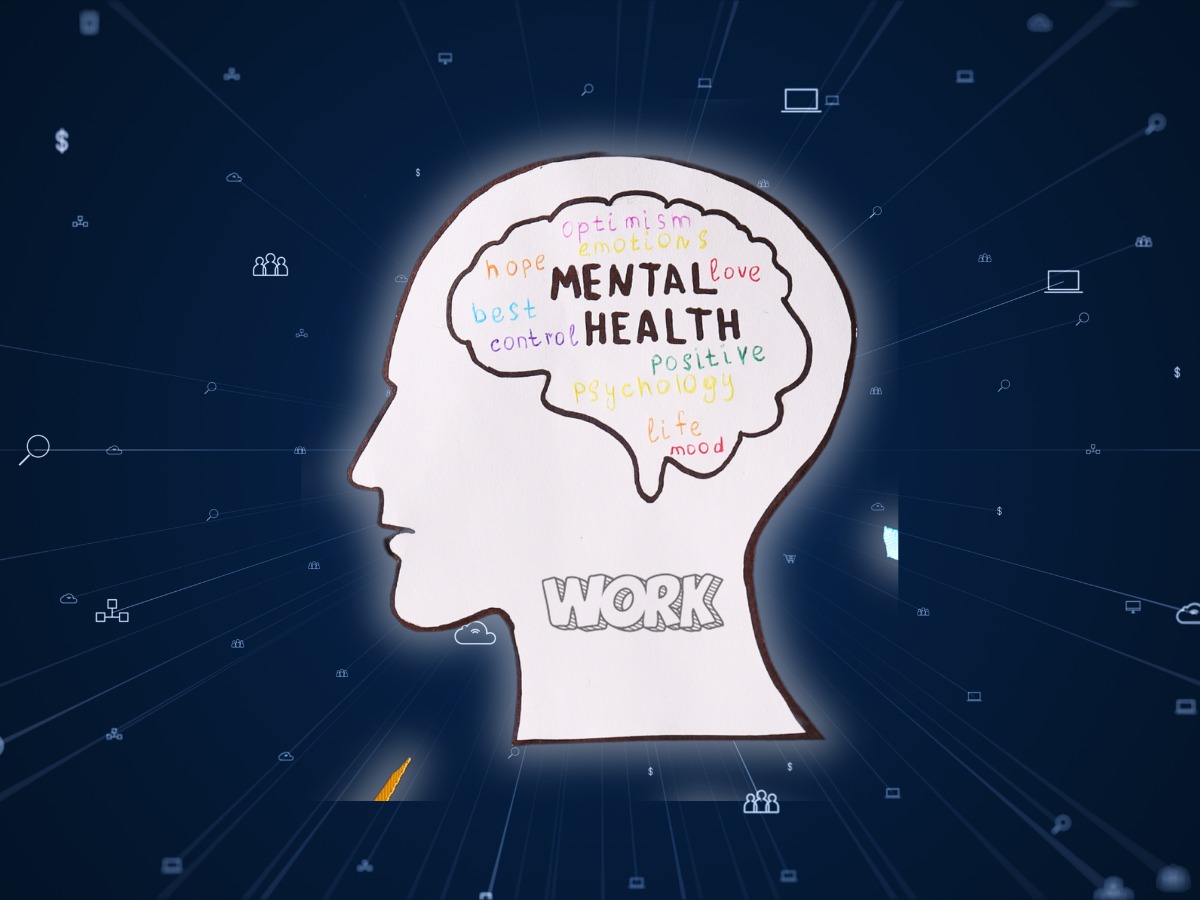The IT industry is known for its fast-paced, demanding environment. IT professionals often find themselves engrossed in complex problem-solving, tight deadlines, and continuous learning. While this can be exhilarating, it can also lead to stress and mental health challenges. In this article, we explore essential tips for IT professionals to balance their work and mental well-being effectively.
1. Prioritise Self-Care
In the rush to meet deadlines and solve technical issues, self-care often takes a backseat. Make self-care a priority by scheduling time for relaxation, exercise, and pursuing hobbies. Even short breaks during the workday can significantly reduce stress.
2. Set Boundaries
Establish clear boundaries between work and personal life. Define specific work hours and stick to them. Avoid checking work emails or messages during your personal time, allowing your mind to disconnect and recharge.
3. Master Time Management
Effective time management is essential in IT. Prioritise tasks, set realistic deadlines, and avoid overloading yourself. Time management techniques, like the Pomodoro method, can improve productivity and reduce stress.
4. Practice Mindfulness
Mindfulness and meditation techniques can help IT professionals manage stress and improve focus. Taking a few minutes each day to practice mindfulness can have a significant positive impact on mental health.
5. Seek Support Networks
Connect with colleagues who understand the unique challenges of the IT industry. Sharing experiences and seeking support from peers can provide a valuable outlet for discussing work-related stress.
6. Regular Exercise
Regular physical activity releases endorphins, which boost mood and reduce stress. Even a short daily workout can make a significant difference in mental well-being.
7. Professional Development
Continuous learning is part of an IT professional’s journey. Set clear, achievable learning goals to maintain a sense of accomplishment and growth.
8. Open Communication
Don’t hesitate to communicate with your manager or HR department if you’re feeling overwhelmed. Many organisations offer resources and support for mental health.
9. Unplug Regularly
Technology is at the core of IT careers, but it’s essential to unplug from screens regularly. Reduce screen time during breaks and evenings to rest your eyes and mind.
10. Work-Life Balance Careers
Consider career paths and employers that align with your desired work-life balance. Some organisations prioritise a healthy work-life balance, which can make a significant difference in your mental well-being.
Balancing work and mental health is an ongoing process. By implementing these tips, IT professionals can enjoy successful, fulfilling careers while safeguarding their mental well-being. Mental health should always be a priority, and with the right strategies in place, IT professionals can thrive in their roles while taking care of their mental health.

